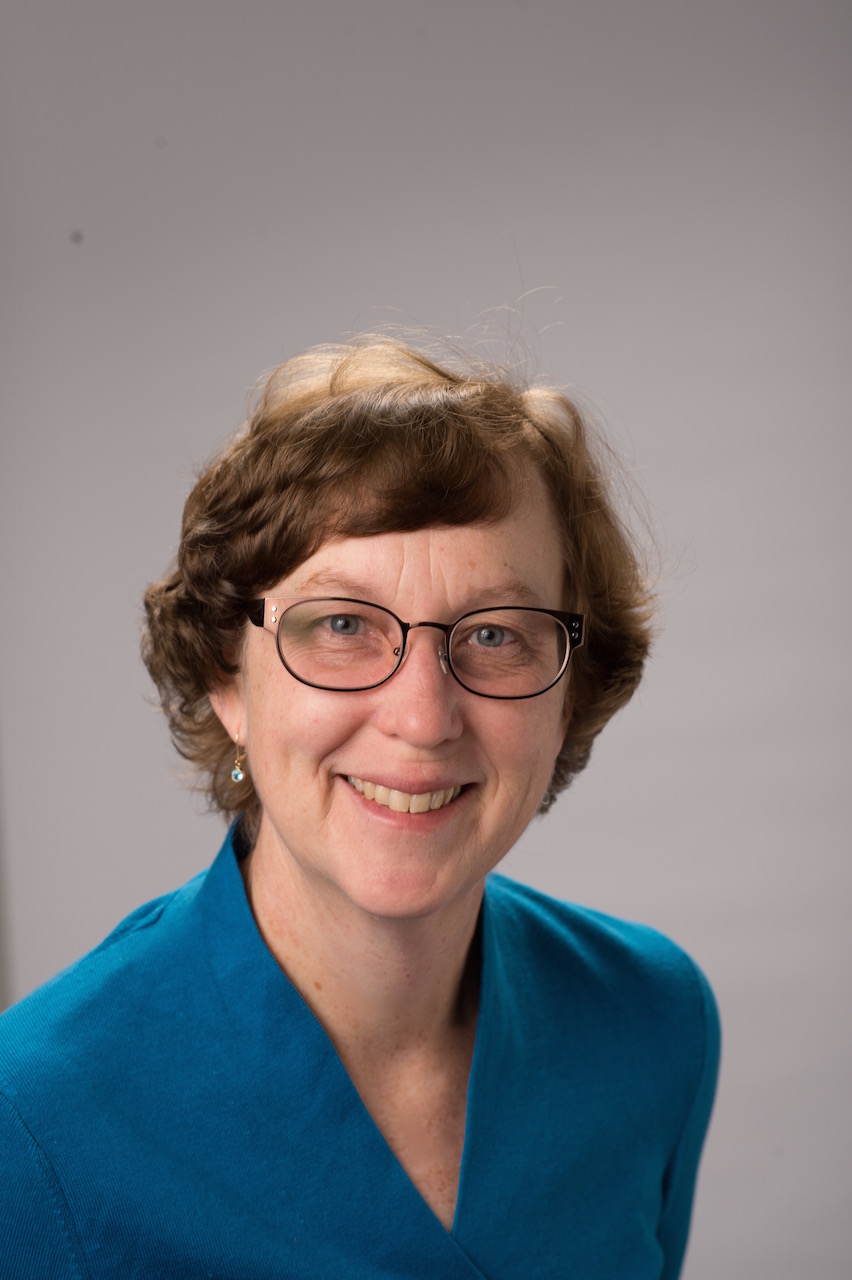Katherine Yelick is a Professor of Electrical Engineering and Computer Sciences at the University of California at Berkeley and the Associate Laboratory Director for Computing Sciences at Lawrence Berkeley National Laboratory. Her research is in programming languages, compilers, parallel algorithms, and automatic performance tuning. She is well known for her work in Partitioned Global Address Space languages, including co-inventing the Unified Parallel C (UPC) and Titanium languages. She and her students developed program analyses and optimization techniques for these languages and the Berkeley Lab team built compiler and runtime support that is used by several other research and production projects. She and led the Sparsity project, the first automatically tuned library for sparse matrix kernels, and she co-led the development of the Optimized Sparse Kernel Interface (OSKI). She has worked on interdisciplinary teams developing scientific applications ranging from simulations of chemistry, fusion, and blood flow in the heart to analysis problems in phylogenetics and genome assembly.
Yelick was Director of the National Energy Research Scientific Computing Center (NERSC) from 2008 to 2012 and currently leads the Computing Sciences Area at Berkeley Lab, which includes the NERSC supercomputing center, the Energy Sciences Network (ESnet) and a research division of scientists and engineers in applied math, computer science, data science and computational science. She earned her Ph.D. in Electrical Engineering and Computer Science from MIT and has been a professor at UC Berkeley since 1991 with a joint research appointment at Berkeley Lab since 1996.
Yelick is an ACM Fellow and recent recipient of the ACM-W Athena award. She is a member of the National Academies Computer Science and Telecommunications Board (CSTB), and previously served on the California Council on Science and Technology and the LLNS/LANS Science and Technology Committee overseeing research at Los Alamos and Lawrence Livermore National Laboratories.

